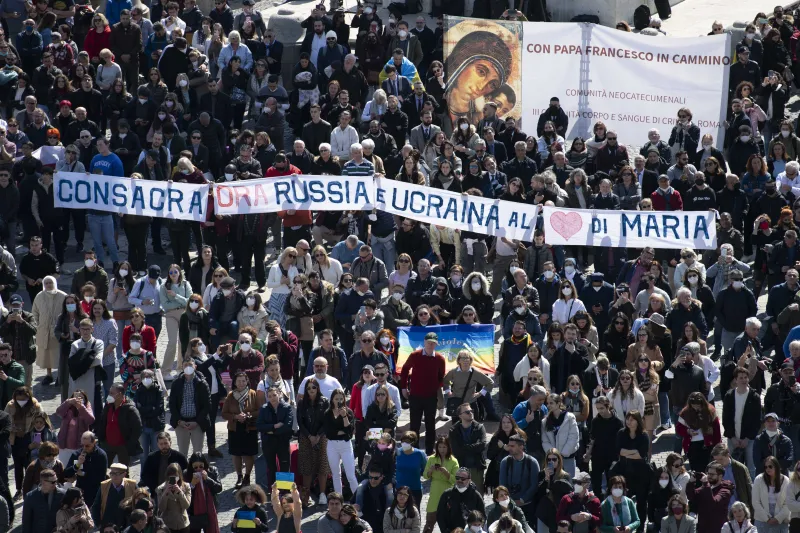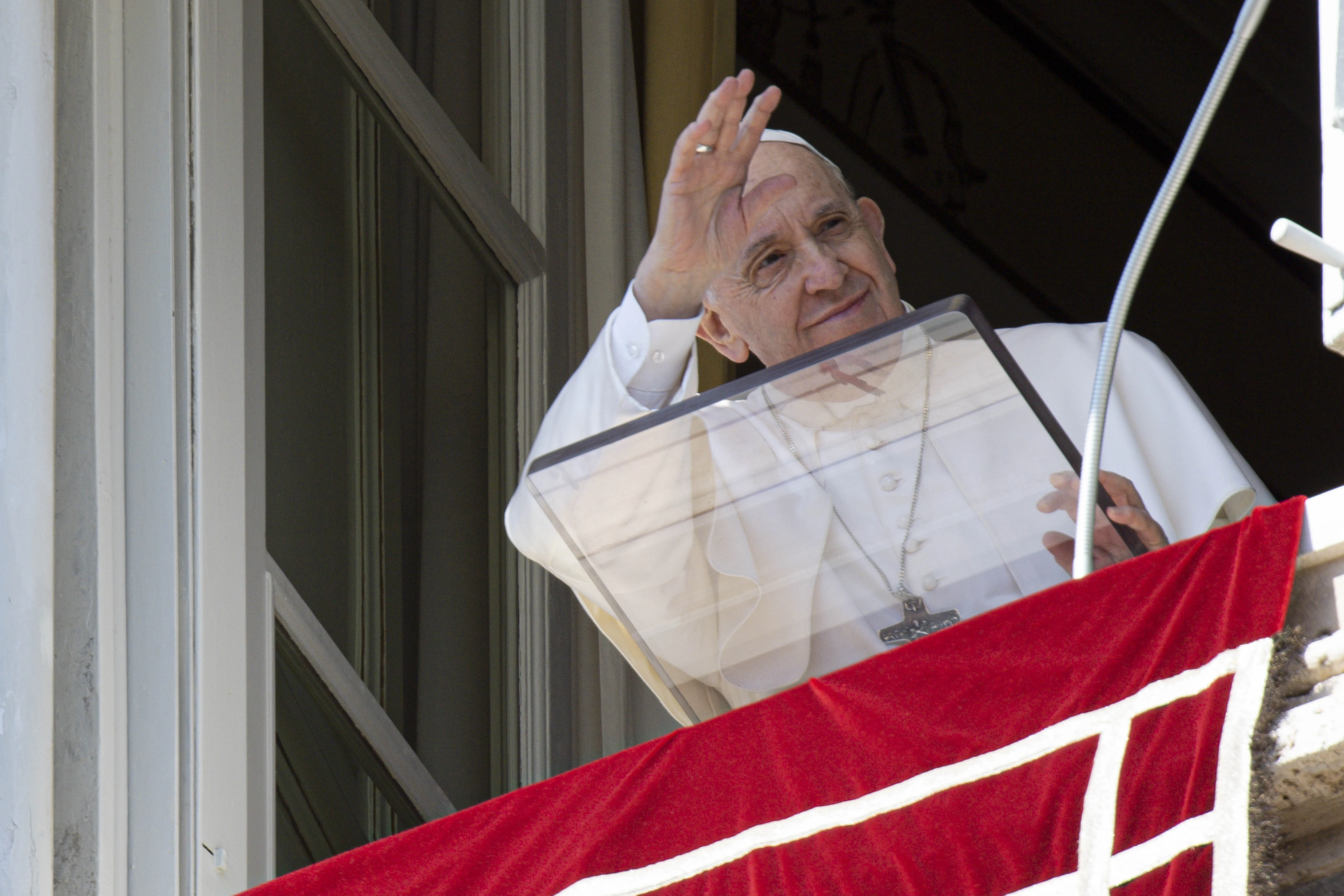
Madrid, Spain, Jun 16, 2021 / 16:29 pm (CNA).
A group of young Catholics have launched “1 Week for Life”, a campaign of prayer and fasting for the end of euthanasia in Spain and the world, the conversion of all souls, and the promotion of a culture of life.
“1 Week for Life” will begin June 18 and end June 25, the day when a euthanasia and assisted suicide law goes into effect in Spain.
A group of young people from a parish in Madrid attended a talk about the euthanasia law called “the Value of Life” given by nurses, and realized that while there are prayer campaigns to end abortion, there was nothing for euthanasia.
The group explained in a statement that during that week 30-minute prayer slots will be organized so each person can pick a time and pray from wherever they may be.
The group pointed out that the euthanasia law in Spain “was passed without any input from healthcare professionals and it goes against the right to life, contained in Article 15 of the Constitution.”
“Not only will euthanasia be decriminalized with this law, but it will become a right, a healthcare service.”
“Euthanasia is criminal and unacceptable and our duty as Christians is to accompany those who suffer, as Mary did with Jesus on the Cross. In addition, today there are alternatives such as palliative care that help alleviate pain without ending the life of the patient ”.
The “1 Week for Life” group also recalled the words of Saint John Paul II in his 1995 encyclical Evangelium vitae: “How is it still possible to speak of the dignity of every human person, when the killing of the weakest and most innocent is permitted? In the name of what justice is the most unjust of discriminations practiced: Some individuals are held to be deserving of defense and others are denied that dignity?”
Spain’s legislature passed a law legalizing euthanasia and assisted suicide in March.
Patients who can request euthanasia must be adult Spanish nationals or legal residents who suffer from “a serious and incurable disease or a serious, chronic and incapacitating condition.”
The law defines such condition as a having “limitations that directly affect physical autonomy and the activities of daily life, such that the patient can’t fend for himself, as well as the ability to communicate with and relate to others, and that are associated with constant and intolerable physical or mental suffering for the patient with the certitude or great probability that such limitations will persist over time without the possibility of a cure or appreciable improvement. On occasion, it can mean absolute dependence on technological life support.”
A serious and incurable disease is defined as “one that by its nature causes constant and unbearable physical or psychological suffering without the possibility of relief that the person considers tolerable, with a limited life prognosis, in a context of progressive frailty.”
The law requires the National Health System to provide euthanasia, and while individual doctors can claim conscientious objection, medical facilities, even private, cannot object as institutions. Conscientious objectors will be listed on a registry.
It requires that before requesting euthanasia, the patient must be informed in writing of his medical condition, and of alternative courses of action and palliative care.
A request for euthanasia must be approved by two doctors and an oversight board.
The law also states that “the death resulting from providing aid in dying shall be considered a natural death for all purposes.”
Bishop Luis Javier Argüello Garcia, auxiliary bishop of Valladolid and secretary general of the Spanish Bishops’ Conference, has urged doctors who don’t want to participate in euthanasia to exercise conscientious objection.
He also cautioned against a defeatist attitude, seeing the new law as an opportunity “to promote a culture of life and to take concrete steps to promote a living will or advance declarations that make it possible for Spanish citizens to express in a clear and determined way their desire to receive palliative care,” instead of assisted suicide or euthanasia.
Bishop Argüello urged doctors “not to induce death to alleviate suffering,” but instead to treat the patient with “tenderness, closeness, mercy, encouragement, and hope for those people who are in the final stage of their existence, perhaps in moments of suffering that need comfort, care and hope.”
The bishops’ conference also issued a guide for patients to create a living will that “specifies that appropriate treatments be administered to alleviate suffering,” but excluding euthanasia.
Those opposed to the law have pointed out that what the country needs instead of euthanasia is access to palliative care. Out of an estimated 120,000 patients in need of palliative care, 50% do not have access.
Euthanasia is also legal in Belgium, Canada, Colombia, Luxembourg, the Netherlands, and the Australian state of Victoria.
If you value the news and views Catholic World Report provides, please consider donating to support our efforts. Your contribution will help us continue to make CWR available to all readers worldwide for free, without a subscription. Thank you for your generosity!
Click here for more information on donating to CWR. Click here to sign up for our newsletter.






Leave a Reply